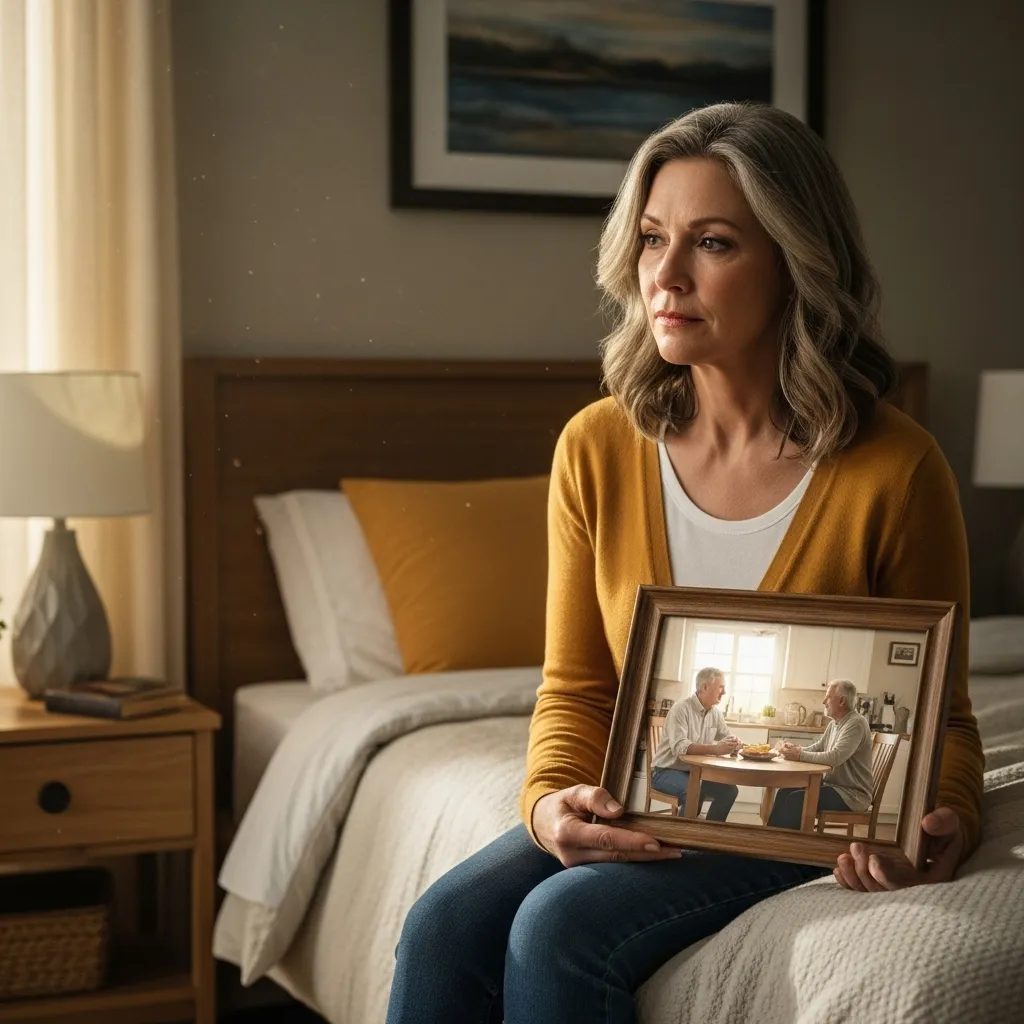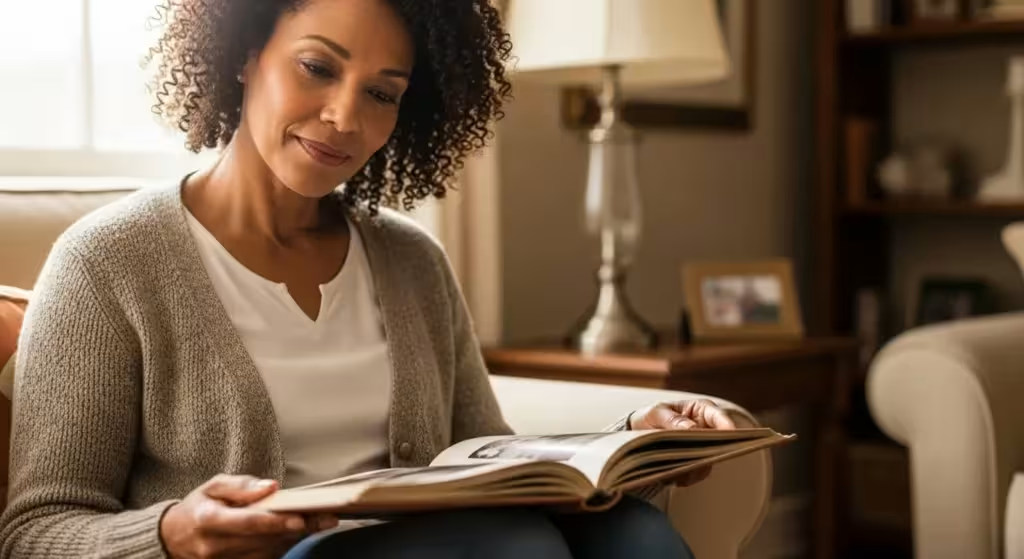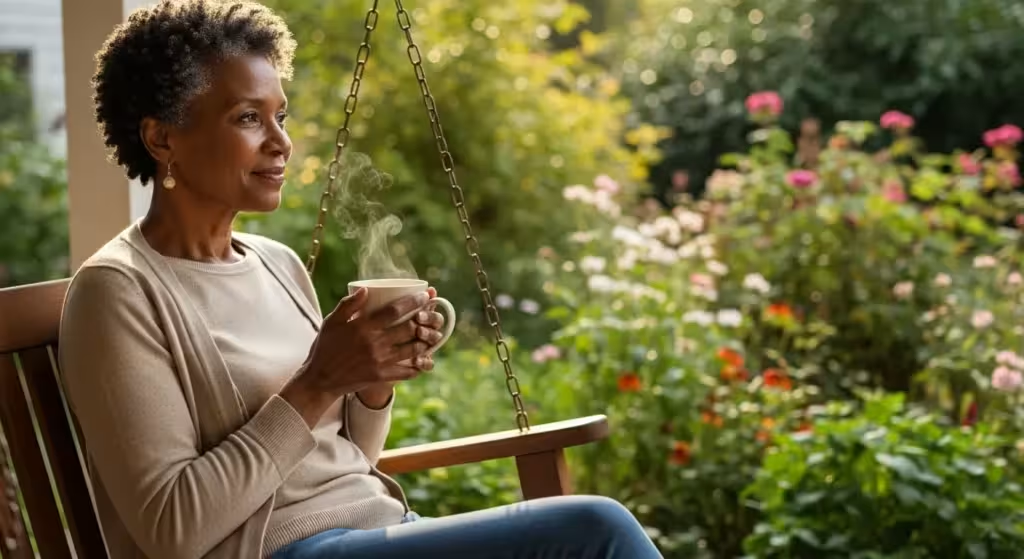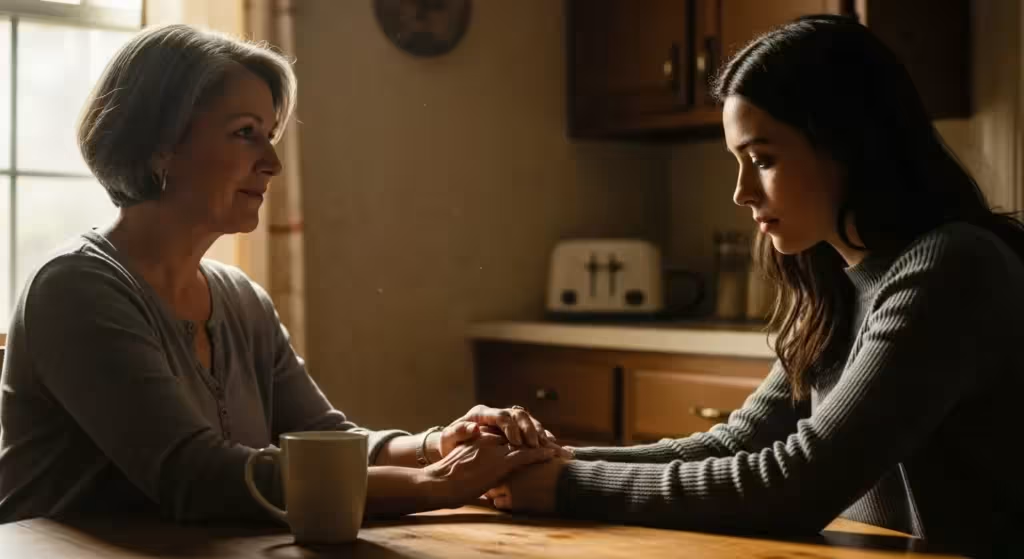Being In An Interracial Relationship Can Be Tough…Let’s Improve It!
Sheikha Steffen is a Middle Eastern woman who wears a head scarf and a body cover while her husband is a white man with blond hair and blue eyes. She shared that she got used to the stares and whispers.
In this day and age, people are still surprised that an interracial relationship could work. They live in Norway and get a lot of stares just because she’s a brown woman that wears a head scarf and a hijab, and he’s white.
According to Inika Winslow, a licensed psychologist who works with interracial couples and whose parents are of different races, the situation is not so different in the United States, where people get stigmatized for being in interracial relationships as well.
“It isn’t an issue that can be easily unpacked and is a result of multiple entwined issues that are social, political, and psychological,” Winslow says.
Interracial couples are discriminated mostly because of a theory called the “mere exposure effect.” And that’s because people tend to ignore the things that are different and unfamiliar to them. Conversely, they like things that are familiar.
While interracial relationships became more common in the United States, interracial marriage became legal not so long ago, following the 1967 U.S. Supreme Court Case Loving V. Virginia.
Additionally, for those who belong to minority groups, interracial marriages often seem like a betrayal of their culture.
According to Winslow, many people of cultures have experienced discrimination and abuse throughout their lives, so the idea of being in a relationship or getting married to those that are seen as the ‘enemies’ feels like a betrayal.
“It can feel like a betrayal on a personal level—i.e., ‘Why couldn’t they find one of our own to be with? Are we not good enough?'”
According to Winslow, being in an interracial relationship is not easy, as couples are forced to deal with a lot of stares, whispers, mean comments, and other forms of discrimination that can lead to anxiety, sadness, and stress.
Read on to find 6 pieces of advice from Winslow and other women in interracial relationships. While these tips won’t make other people’s biases disappear, it will help you and your partner create a safe space for the relationship.
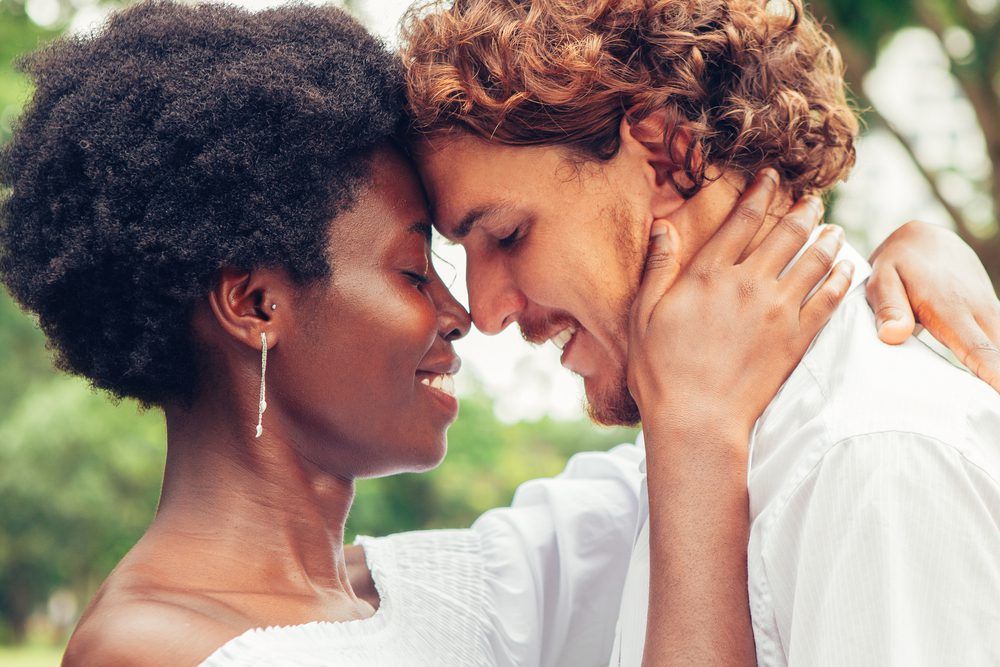
Interracial Relationship Tip: Learn more about your partner’s culture
According to Winslow, learning more about your partner’s culture will help you understand more about who they are as a person. Also, you can participate in their customs and traditions when you get the chance, I’m sure your partner will appreciate that.
Sheikha explained that in Middle Eastern culture family is considered a very special bond, so when two people get married, the partner is considered part of the family and he is welcomed right away.
However, Sheikha continued saying that she didn’t receive the same warm welcome into her husband’s family, so she assumes they do not like her because of her skin color and culture.
When she talked to her husband about it, he assured her that his family liked her but the Norwegian culture is very different from the Middle Eastern one.
They’re not on the same level of family closeness. She says that it took some time, but her husband’s family eventually opened up to her.
However, having that conversation with him was very important for her and for this interracial relationship’s wellbeing. Just talk to your partner and show them that you’re interested in finding out new and interesting things about their culture. I’ll guarantee they’ll love that.
Interracial Relationship Tip: Don’t focus on other people’s opinions
There will always be people that won’t agree with your relationship, and maybe you’ll have to deal with a lot of mean comments that will affect your mental health.
However, according to Ashley Chea, a Black woman who’s married to a white Cambodian man, other people’s opinions shouldn’t matter to you.
After all, it’s your life and you can love who you want. Also, you owe it to yourself to be happy and be with the person that makes you feel loved and appreciated.
If you have found someone that cares deeply for you, a person who speaks to your soul, that should be enough to keep you going. So, ignore the negative opinions about interracial relationships and leave your life as you want.
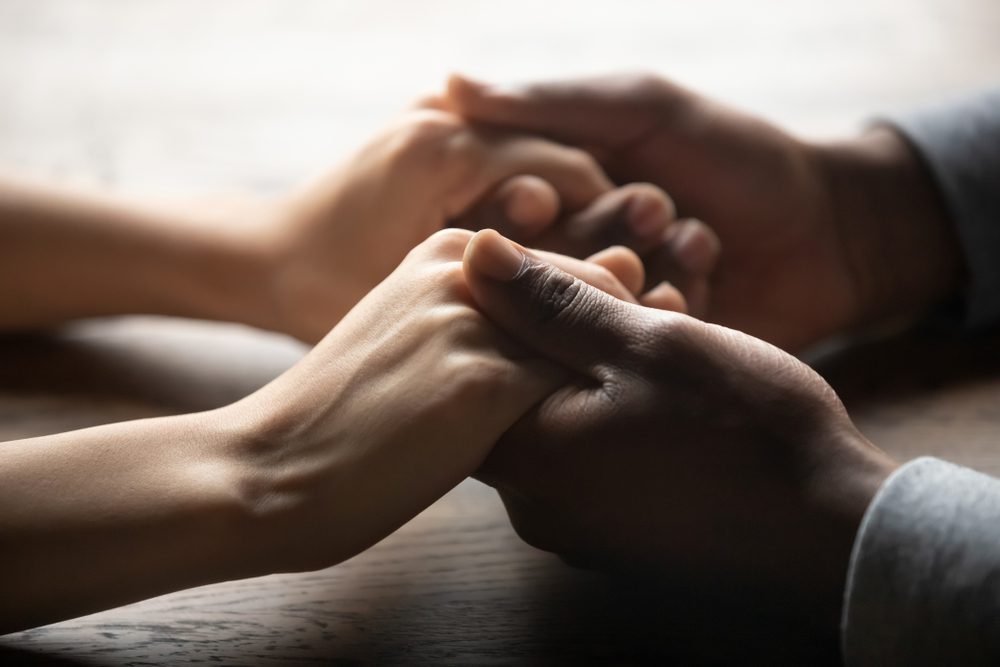
Interracial Relationship Tip: Make your relationship a safe place
Camille Lawrence, a Canadian Black woman of Jamaican heritage who’s in a relationship with a white man suggests your relationship should be your safe haven, so you need to protect one another from the world.
She also suggests creating an open space for communication, space where you’re allowed to ask honest questions, and discuss topics surrounding race and injustice.
Camille added that she understood even more the importance of a good and healthy relationship after the murder of George Floyd earlier this year. She had experienced a lot of heartbreak when reading many conversations about race online.
Her husband couldn’t understand exactly what she’s going through, because he wasn’t Black, but he was there for her and he tried his best to make their relationship a safe haven.
“Often times in an interracial relationship, structures of privilege afford very different experiences for both involved,” Camille says. ”
Her husband, David was there for her even though he couldn’t relate to the experiences she has as a Black Woman. He encouraged her, listen to her, emphasized with her frustrations and kept reminding her how important it is to take care of yourself.
She explained that for an interracial relationship to work, your partner needs to be open-minded, understanding, and loving because there will be tough moments. You will experience life differently because of your race, and if they don’t get that, chances are it’s not going to work.
Create a safe place where you can cry, laugh, rant, lament, learn, motivate, feel heard, and heal.
Interracial Relationship Tip: Consider your partner’s experiences
You won’t be able to understand your partner at all times, but it’s important to listen and make them feel heard. According to Winslow, you don’t need to understand your partner all the time, you just have to be understanding with them, it’s all that matters.
You need to acknowledge the fact that you and your partner have different life experiences and perspectives, especially if you’re coming from different races and cultures.
For instance, if you’ve never experienced racist comments and discrimination, you won’t manage to fully understand what your partner is going through and how traumatizing the situation can be.
Of course, there aren’t any instructions on how you should act when your partner is going through rough situations, but Winslow offered a few tips.
Firstly, you need to be supportive but also give them time and space to process what happened. It can be tricky, but you need to be supportive while letting them react as they feel.
Secondly, be there for them and listen to what they have to say, but do not try to minimize the painful experience and how it is affecting them. Additionally, remind them that you are on their side and they can count on you.
Last but not least, make sure to also give yourself time to understand what’s happening. Winslow explained that the partner could experience feelings like guilt, shame, not knowing what to say or do in order to help the other one.
However, you need to understand that you’re not responsible for other people’s actions, you can only love them and support them.

Interracial Relationship Tip: Be open to continuous learning
For Camille, it is very important to fully know her partner, that’s why being in interracial relationships means continuous learning. It is very important to ask questions, embrace cultural differences, and being open to learning new things about your partner.
“I make sure to learn and express interest in [my partner’s] West Lancashire roots in England, his accent, his family heritage, and how that’s influenced who he is today,” she added.
Conversely, Camille has added that her husband is also curious and likes to ask a lot of questions about her African roots. Therefore, asking questions is very important, even though they can get uncomfortable.
According to Sarah Harris, a white female married to a Black man, you need to learn and continue to educate yourself. She likes to read books in order to understand even better the roots and the context of her husbands’ experiences.
Leanne Golembeski, an Asian American woman in an interracial relationship with a Black man urges interracial couples to learn more about the racial inequalities so they can understand their partner better. She says that her husband’s fights are her fights, and vice-versa.
If you enjoyed this article, we also highly recommend reading: 7 Toxic Relationship Red Flags You MUST Watch Out For


